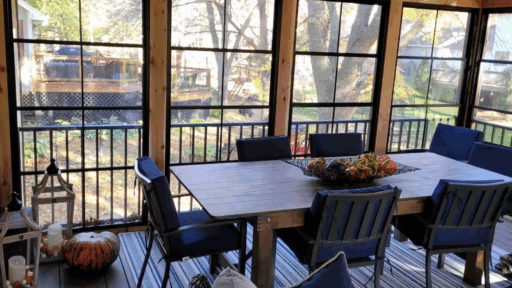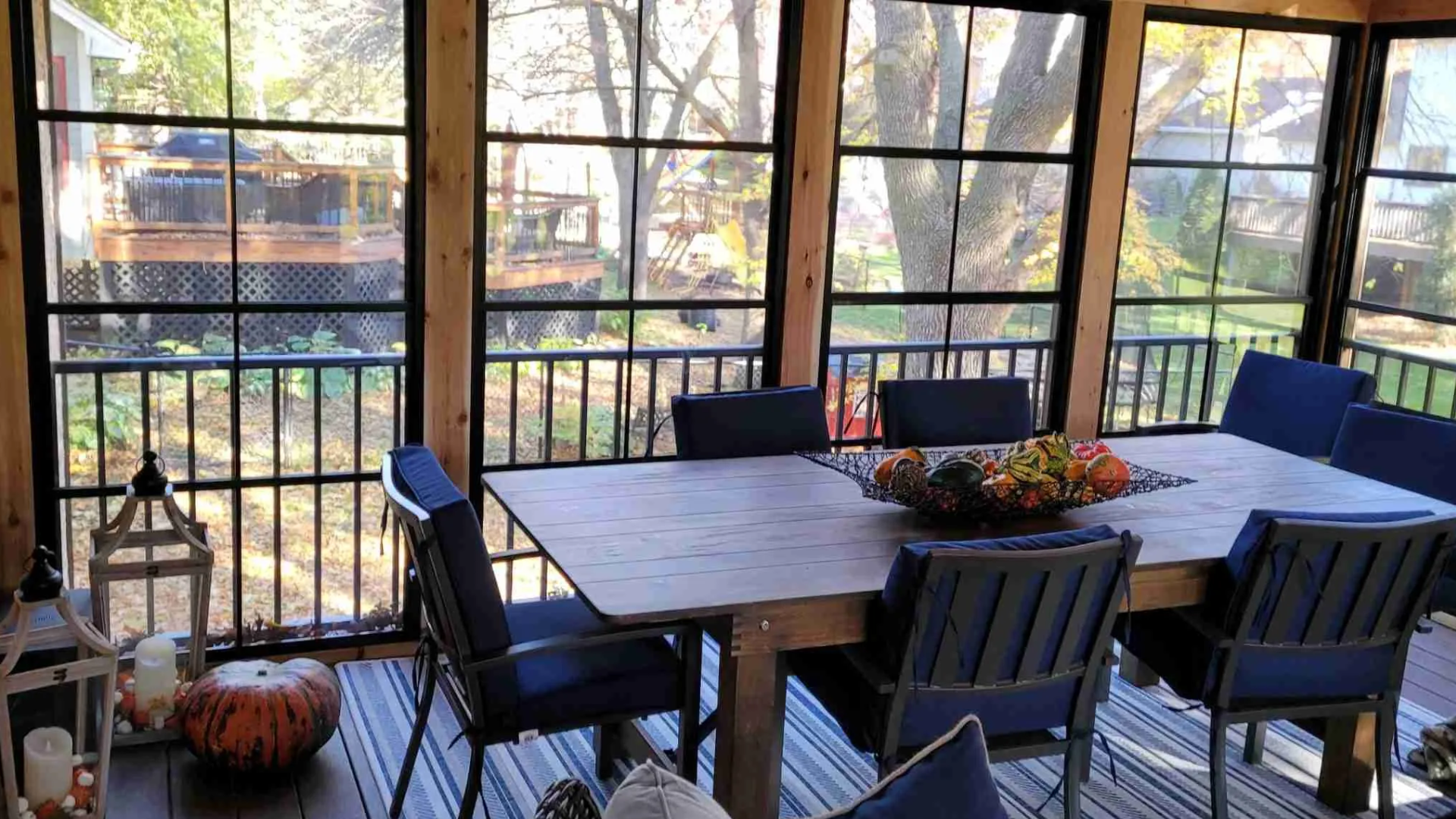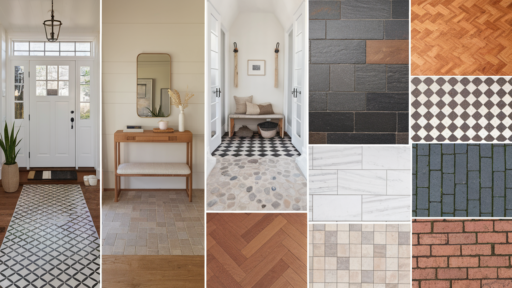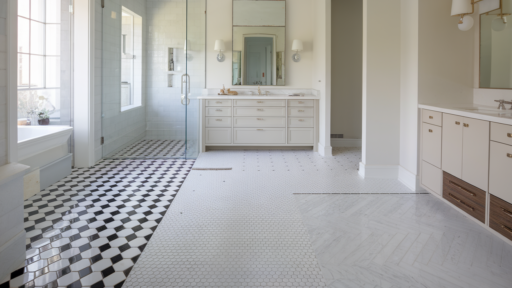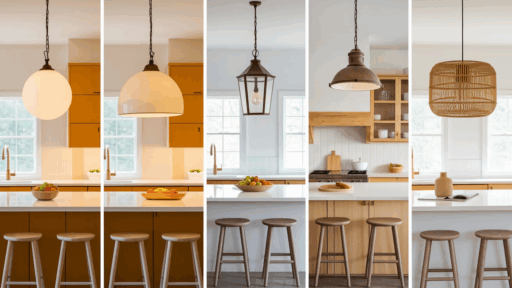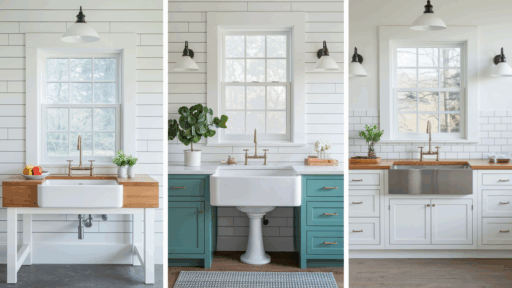When you’re fixing up your home, it’s natural to wonder: How long do vinyl windows last? After all, replacing windows is a big investment, and you want to be sure you’re choosing something that lasts.
If you’re like me, you’ve probably looked at a few window options and felt unsure which one makes the most sense.
Whether you’re renovating your forever home or sprucing up a property to sell, knowing what you’re getting from vinyl windows can give you peace of mind.
I’ve done the research and pulled together everything you need to know in one easy guide. From lifespan and benefits to comparisons and factors that affect durability, this blog has you covered.
What Are Vinyl Windows?
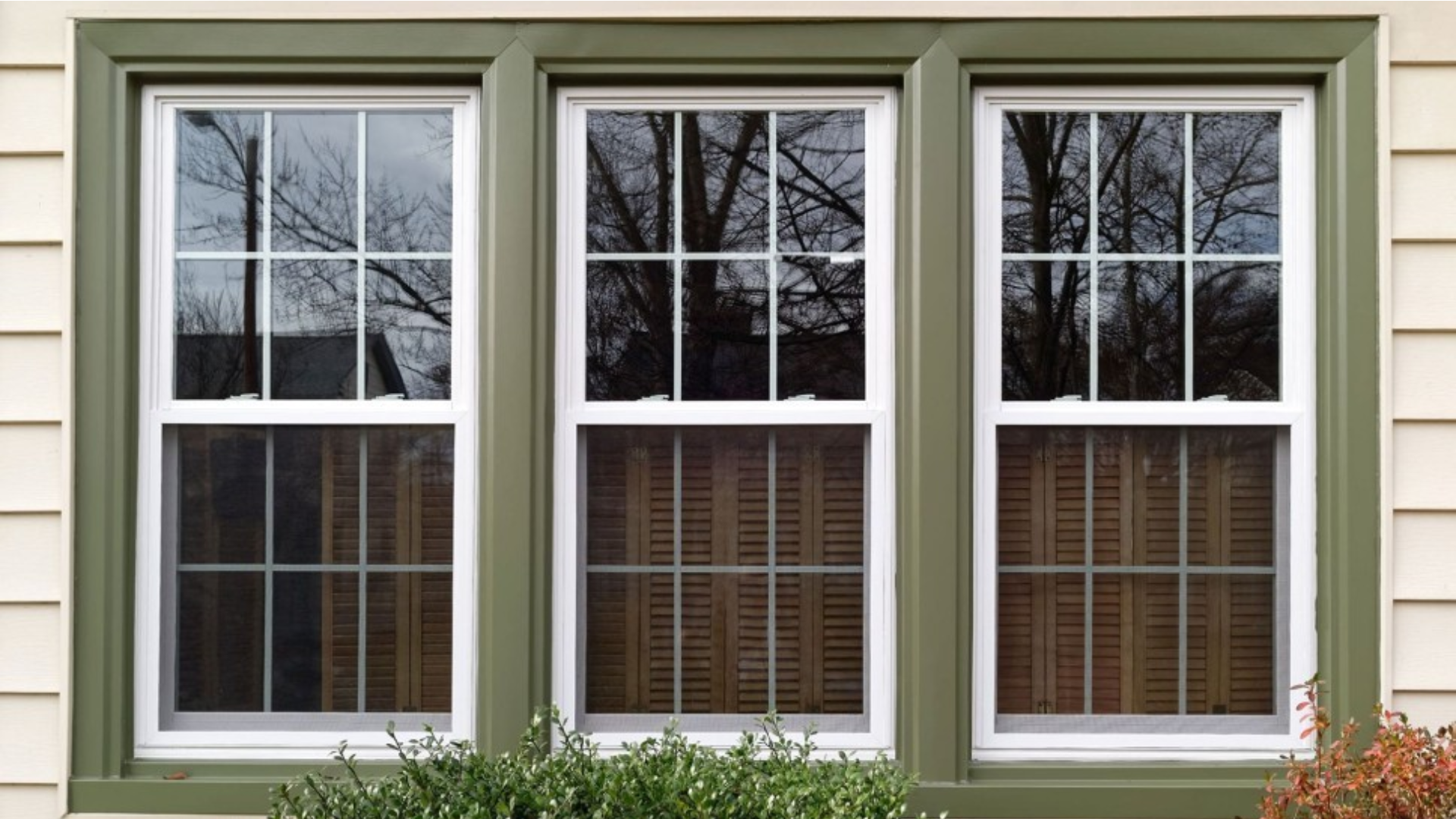
Vinyl windows are window frames made from polyvinyl chloride (PVC), a durable plastic material that resists moisture, temperature changes, and rot.
First introduced in the 1950s, vinyl windows became more popular in the 1980s due to their affordability and low maintenance needs.
Today, they’re one of the most commonly installed types of windows in homes across North America. These windows often come with multi-chambered frames that enhance insulation and improve energy efficiency.
Some are reinforced with metal for added strength, and most are available in various styles and colors to suit different home aesthetics. While they can’t be painted like wood, they hold their color well and don’t require staining or sealing.
Because vinyl is non-corrosive and doesn’t warp in heat or cold, vinyl windows tend to offer reliable performance year after year.
They’re a practical blend of function and cost-effectiveness, ideal for anyone looking to upgrade windows without breaking the bank.
How Long Do Vinyl Windows Last?
Most vinyl windows last between 20 and 40 years.
The average lifespan depends on the quality of the materials, proper installation, and the extent to which the windows are maintained. In moderate climates and under proper care, vinyl windows often reach or exceed the 30-year mark.
Higher-end models that use premium-grade vinyl and UV-resistant coatings may even hold up for 40 years or more.
On the other hand, cheaply manufactured vinyl windows with thin frames and poor sealing might start showing issues after just 15–20 years.
What Factors Impact the Lifespan of Vinyl Windows?
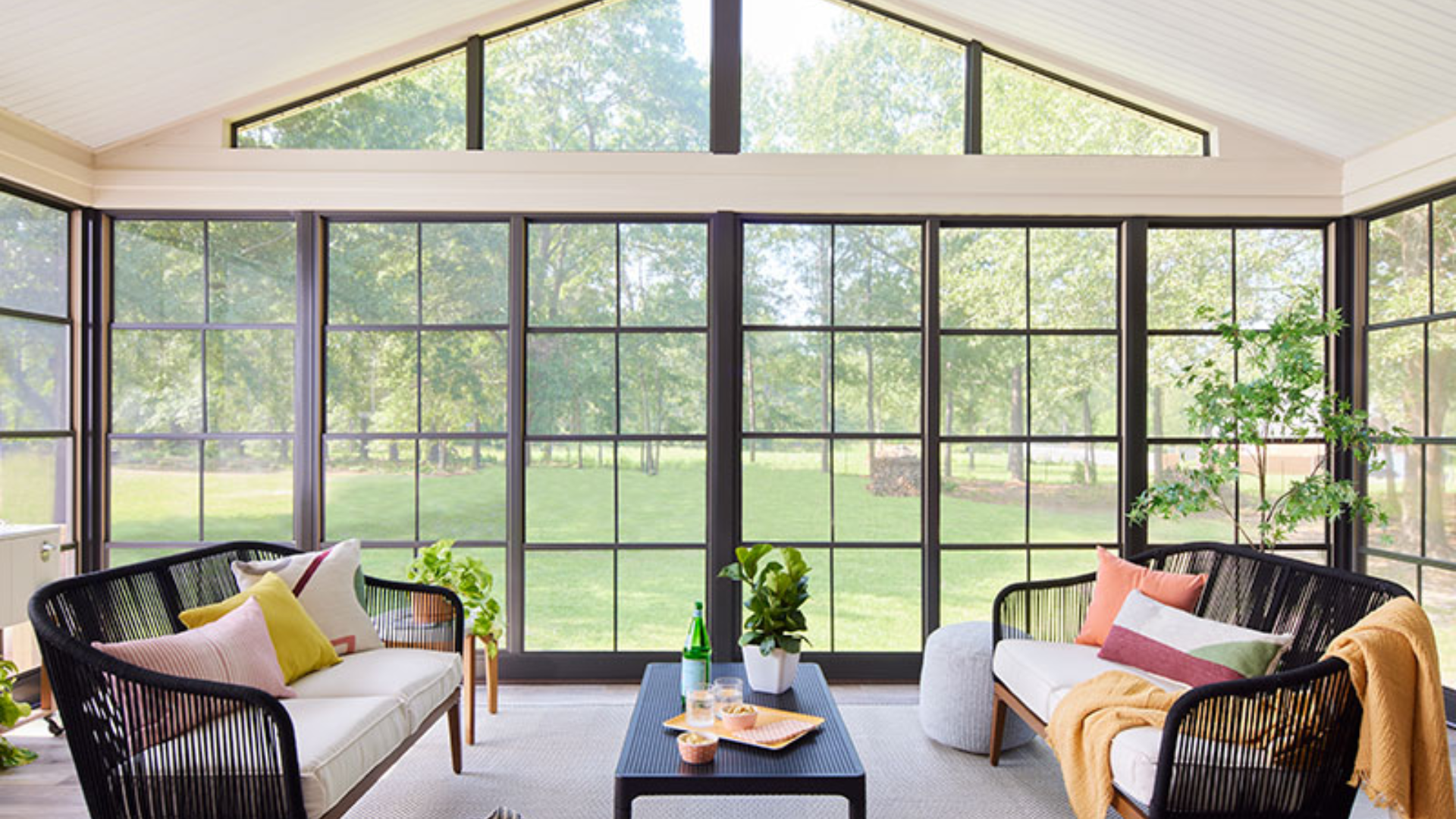
I’ve found that the lifespan of vinyl windows really depends on a few key things—like the quality of the materials, how they’re installed, and how well you take care of them.
1. Quality of Materials
Not all vinyl windows are built the same. Higher-quality vinyl is thicker, sturdier, and more resistant to wear over time. Premium-grade PVC holds up better against heat, cold, and daily use.
Choosing windows made with strong materials can add several years to their lifespan and help you avoid common problems like warping, cracking, or fading.
2. Installation
Proper installation is key to how well and how long your windows last. Poorly installed vinyl windows may develop gaps, leaks, or even frame warping over time.
A professional installer will ensure a tight seal and correct fit, preventing drafts and moisture intrusion. Always hire someone with experience and good reviews to do the job right.
3. Climate
Where you live plays a big role in how long your vinyl windows last. Homes in areas with extreme temperatures, heavy rain, or high humidity can experience faster wear and tear.
Vinyl performs best in moderate climates, but with the right materials and care, it can still hold up well in tougher weather conditions.
4. Sun Exposure
Constant sunlight can slowly break down vinyl over time. South- and west-facing windows are especially at risk of fading or becoming brittle if they don’t have UV protection.
Choosing vinyl windows with built-in UV-resistant coatings can help reduce sun damage and keep the frames looking good and performing well for years.
5. Maintenance
Regular maintenance can stretch the life of your vinyl windows by many years. Keeping the tracks clean, lubricating moving parts, and checking seals for cracks or leaks helps prevent damage.
These small tasks don’t take much time, but they keep your windows working properly and looking clean without needing costly repairs or early replacements.
6. Window Design
Double-pane or triple-pane windows with insulated frames tend to last longer than single-pane versions. Advanced designs reduce condensation buildup and help maintain interior comfort.
Well-designed windows also distribute weight and stress more evenly across the frame, which helps prevent damage over time. The better the design, the longer your windows are likely to last.
7. Ventilation Habits
Good airflow inside your home can help reduce moisture buildup around your windows. When too much moisture collects, it can weaken seals and stress the window frame.
Regularly opening windows, using exhaust fans, and managing indoor humidity levels can all help protect your vinyl windows and extend their lifespan.
How to Choose Quality Vinyl Windows
Not all vinyl windows are made the same. To get the most out of your investment, it’s important to pick ones that are built to last.
- Check the Frame Thickness: Thicker, multi-chambered vinyl frames are stronger and better at insulating.
- Look for Energy Star Ratings: Certified windows meet energy efficiency standards and usually offer better long-term value.
- Inspect Welded Corners: Windows with fusion-welded corners are more durable than those with mechanically fastened ones.
- Ask About the Warranty: A longer, more detailed warranty often means the manufacturer stands behind their product.
- Choose UV-Resistant Vinyl: This prevents color fading and damage from sun exposure.
- Check Glass Options: Double- or triple-pane glass with low-E coatings enhances energy savings and comfort.
- Read Reviews: Look up real customer experiences with the brand and installer to avoid common issues.
When to Replace Vinyl Windows?
Even the best vinyl windows wear out over time. I know it’s time to replace them when I start noticing drafts, foggy glass between panes, or frames that are warped or cracked.
These are signs that the windows are no longer sealing properly, which can lead to higher energy bills and reduced comfort inside your home.
Difficulty opening or closing the window, or hearing more outside noise than usual, can also point to aging or broken mechanisms.
In some cases, cosmetic issues like yellowing or fading may not affect performance, but they can still make your home look outdated.
If your windows are over 20–30 years old, it’s a good idea to have them inspected to see if a replacement would improve efficiency, appearance, and function.
Vinyl vs Other Window Types
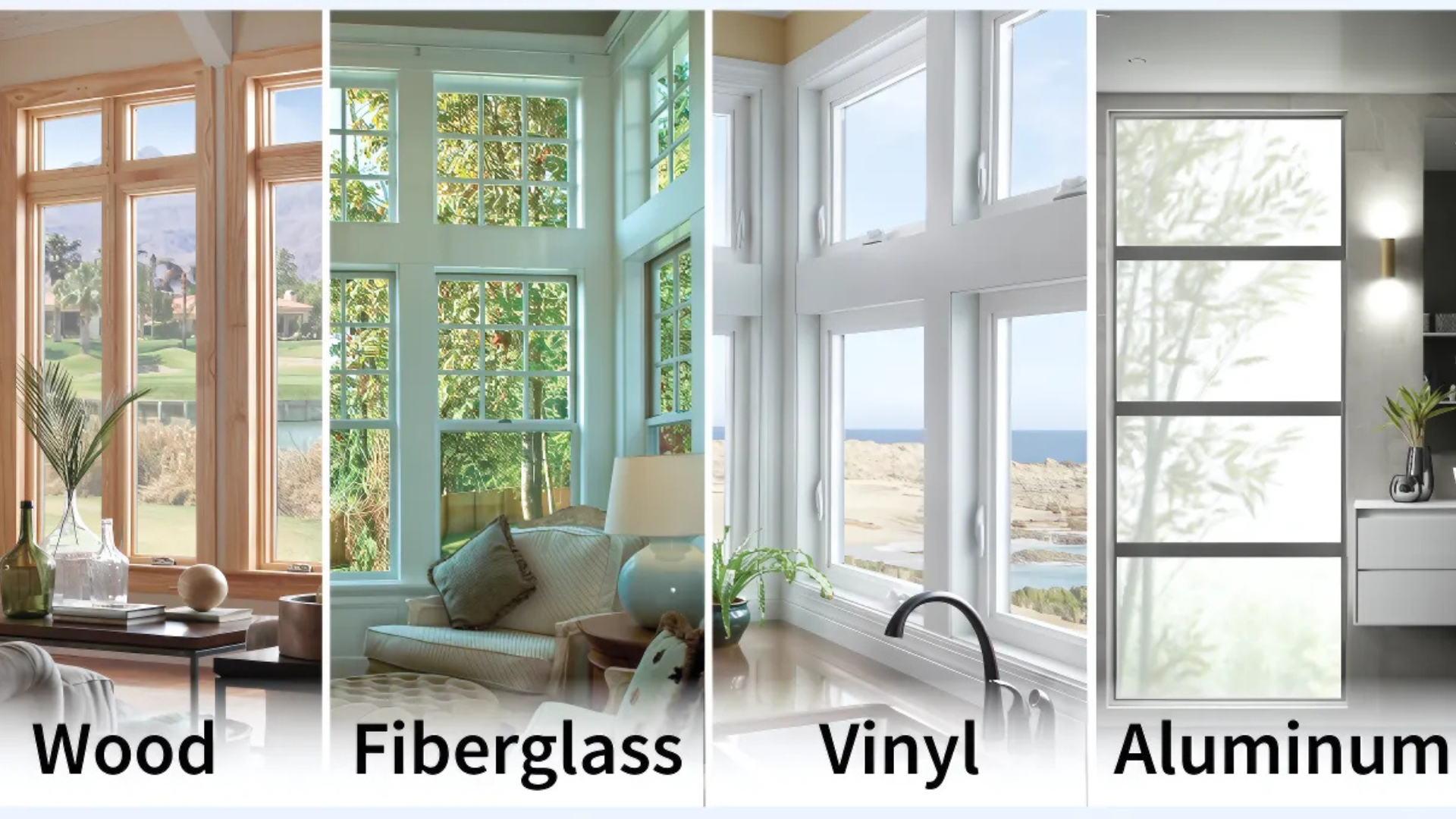
There are several types of window materials to choose from, and each has its pros and cons. Vinyl windows are often compared to wood, aluminum, and fiberglass.
| Feature | Vinyl Windows | Wood Windows | Aluminum Windows | Fiberglass Windows |
|---|---|---|---|---|
| Lifespan | 20–40 years | 15–30 years | 20–25 years | 30–50 years |
| Maintenance | Low | High (painting, sealing) | Medium | Low |
| Cost | Low to Medium | High | Medium | High |
| Energy Efficiency | High | High | Low to Medium | Very High |
| Appearance | Limited color options | Customizable (paint/stain) | Sleek/modern | Custom paintable options |
| Weather Resistance | Very Good | Vulnerable to rot and warping | Prone to corrosion | Excellent |
| Eco-Friendliness | Moderate (can be recycled) | High (natural material) | Low | Moderate to High |
Benefits of Vinyl Windows
Vinyl windows are a popular choice for many homeowners because they’re affordable, long-lasting, and easy to take care of. They help keep your home comfortable, save energy, and don’t need much maintenance.
- Cost-Effective: Vinyl is one of the most budget-friendly window materials.
- Low Maintenance: No painting, staining, or sealing required, just occasional cleaning.
- Energy Efficient: Insulated frames and tight seals help reduce heating and cooling costs.
- Moisture Resistant: Vinyl doesn’t rot, rust, or swell like wood or metal.
- Long Lifespan: A well-made vinyl window can last decades with minimal upkeep.
- Noise Reduction: Double-pane options significantly reduce outdoor noise.
- Attractive Designs: Available in a range of shapes, grid patterns, and glass styles.
- Weatherproof: Great performance in both hot and cold climates.
- Fade Resistant: Many are made with UV-resistant coatings to prevent color fading.
- Recyclable: While not biodegradable, many vinyl windows can be recycled.
Vinyl Windows: Maintenance and Care
Taking care of vinyl windows is simple and doesn’t take much time.
Start by cleaning the frames and glass with a mild soap and water solution every few months. Avoid harsh chemicals and abrasive sponges, as they can damage the finish.
It’s also important to keep the window tracks free from dirt and debris, use a small vacuum or brush to clear out dust, leaves, or buildup that could affect smooth opening and closing.
Lubricate moving parts, such as locks and hinges, once or twice a year with a silicone-based lubricant to keep them functioning properly.
Check the seals and caulking around the windows at least once a year to make sure there are no cracks or gaps. By doing these small tasks regularly, you can extend the life of your vinyl windows and keep them looking and working like new.
Are Vinyl Windows Worth It?
Vinyl windows are a smart option if you’re looking for something durable, budget-friendly, and easy to care for. Unlike wood, they won’t demand hours of sanding or painting.
You’ll save time and energy over the years just by picking this low-maintenance material.
They also offer great energy savings by keeping indoor temperatures stable, which can lower your monthly utility bills.
Whether you’re in a warm or cold climate, vinyl windows hold up well and resist the wear and tear that comes from daily exposure to the elements.
They’re not flashy, but they’re incredibly dependable, and that’s what most homeowners really need. If you want a solid window choice that lasts for decades, vinyl is worth strong consideration.
Conclusion
So, how long do vinyl windows last?
In most cases, you’re looking at 20 to 40 solid years, especially with high-quality materials, proper installation, and a bit of regular upkeep. That’s a pretty good return on investment for something you see and use every day.
They may not have the charm of wood or the extreme longevity of fiberglass, but vinyl windows offer a dependable middle ground: long-lasting, low-maintenance, and cost-effective.
If you value practicality and performance- and don’t want to spend your weekends repainting window frames- vinyl windows are a smart choice.
As someone who’s been through a few home upgrades myself, I know how overwhelming it can be to weigh all the options. However, I hope this guide has helped clear things up for you.
Still not sure if vinyl windows are the best fit for your home? Feel free to drop your questions or share your renovation plans with me – I’d be happy to help you figure out what works best for your space.

